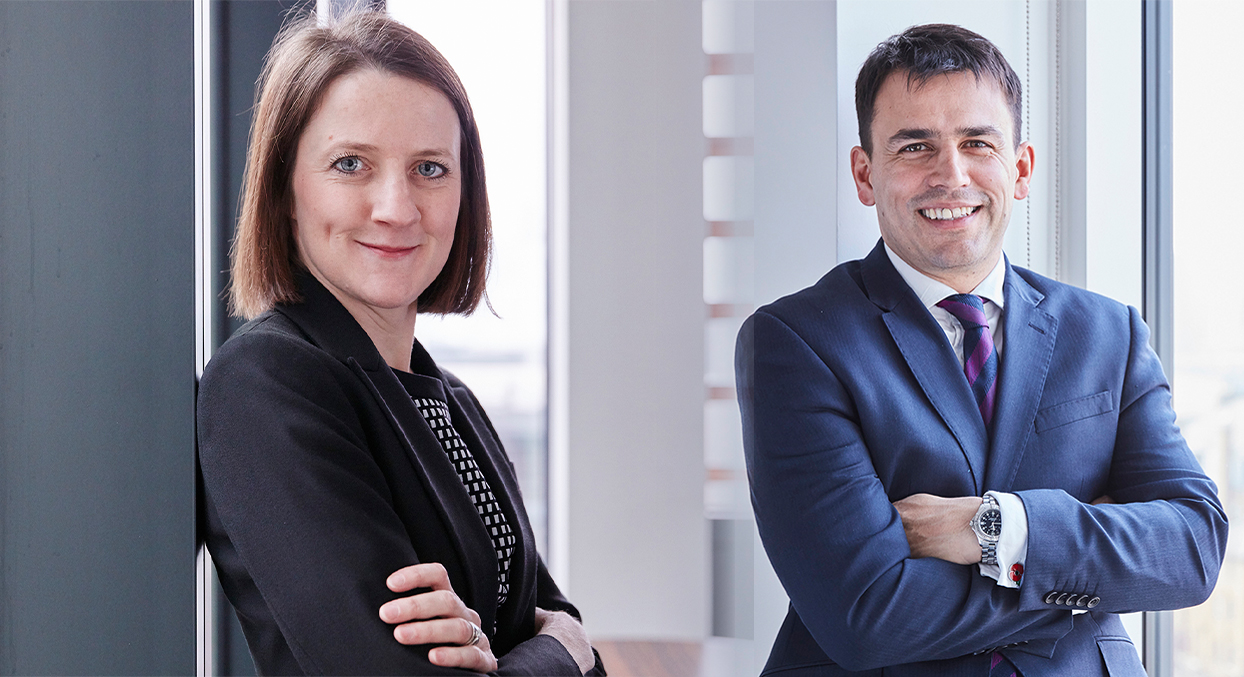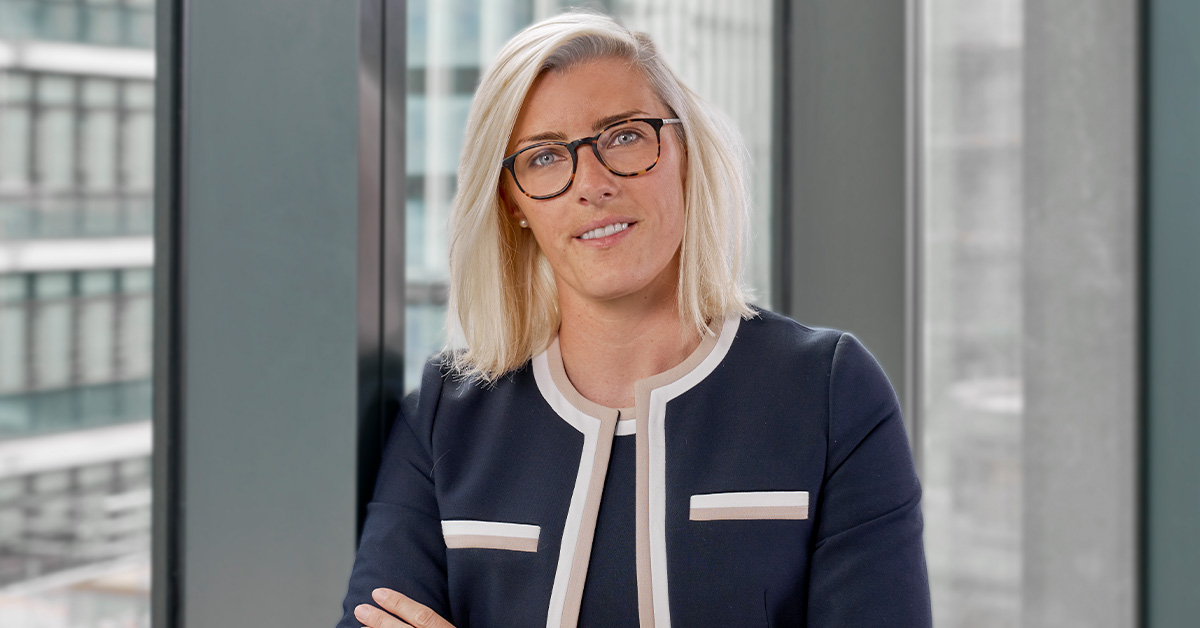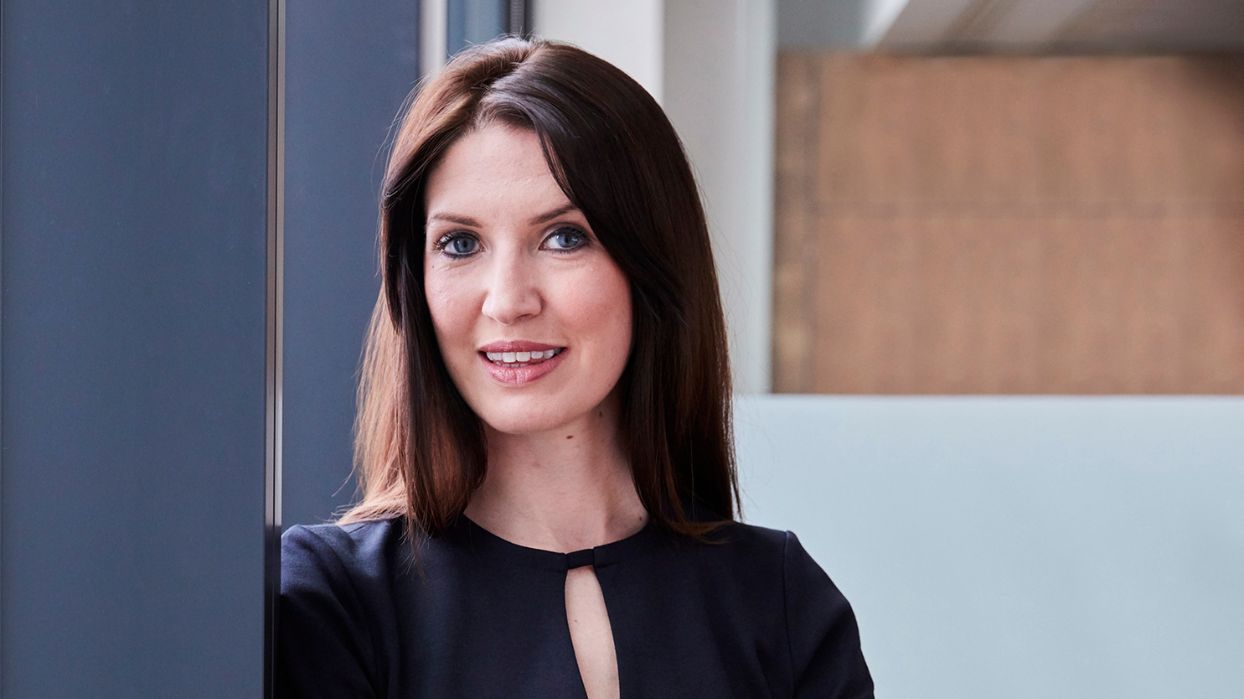Co-Head of Commercial Litigation Mo Bhaskaran was awarded Dispute Resolution Lawyer of the Year at the Northern Powerhouse Awards 2023, hosted by The Legal 500.
He has since spoken to the legal directory about Stewarts’ growing commercial disputes department in Leeds and trends in the litigation market. You can read the interview and Stewarts’ Commercial Litigation in Leeds and West Yorkshire profile here.
Congratulations on the award. Tell us about some of the highlights from the past 18 months that you think contributed to this win.
We continue to work on a number of very large and complex cases, including many fraud and corruption claims so there are very few cases we can openly discuss. The reality overall is that the growth of the Stewarts team has gone in step with the size and kinds of cases we work on, and that has been going on for a number of years, so if I was to hazard a guess I would assume it was based on consistency rather than one big headline.
Becoming co-head of the Commercial Litigation department across Leeds and London from 1 May was an important date, and it will be exciting to watch the team continue to grow.
How long have you been based in the region?
I’ve worked in the Leeds region since 1997 when I started as a trainee at Pinsent Masons. Having worked there for more than 15 years and risen through the ranks to become a partner in 2007, I made the move to Stewarts in 2013 to lead the firm’s already established Commercial Litigation team in Leeds. We have gone from strength to strength since.
In your view, what makes Leeds stand out as a key national hub for legal services?
Historically and today, a number of multinational corporates have had their bases here, along with big players in banking and financial services. This is also a leading region within the UK for technological progress, including within the law. Leeds has a rapidly growing digital sector and organisations like LegalTech in Leeds are at the forefront of helping firms make the most of new tech and processes to help achieve the best for our clients.
As well as the local economic and demographic advantages, Yorkshire is of course a beautiful place to live and that makes it stand out.
Tell us about the firm’s Leeds-London model – how do the teams work in tandem with each other, and how does that footprint set you apart from rivals in terms of what you can offer clients?
We work together across the board. Whether it’s staffing on matters, training, business development or social events, everything is done on a cross-office basis with constant communication and collaboration. This gives us the best of both worlds and our commercial disputes lawyers in both London and Leeds work on some of the largest and most complex international claims being brought in the UK.
What in your view are some of the biggest issues keeping your clients up at night at the moment?
There are too many to name, but some of the most pressing include:
- Data breaches, including ransomware. This is a challenge that is also affecting the legal profession itself as we’ve seen from high-profile recent examples.
- Rises and volatility in energy prices, within the broader trend of growing inflation.
- Wage pressures, which are always in the spotlight during periods of economic difficulty.
How has the widespread acceptance of flexible working affected the delivery of legal services in your markets?
The way in which everybody had to adapt during Covid means that the impact of this is not as severe as it perhaps could have been. That said, the reality is that face-to-face interaction is important in a number of situations both client-facing and internally. A good example of the latter is development of junior lawyers and trainees, who benefit so much from working directly alongside experienced lawyers.
What have been some of the biggest developments in commercial litigation, and how will those evolve going forward?
We’re going through an era of rapid change. Three key issues (among many) will include:
- Litigation funding. External investment to fund cases can provide parties with the means to bring a claim they may not have enjoyed otherwise, and this will shape the kinds of litigation reaching the courts.
- Group/class actions. A key decision in this area came recently in Commission Recovery Limited v Marks & Clerk LLP & Another, where the judge permitted the claimant to bring a claim on behalf of clients and former clients of one of the defendants as well as itself. This could point to a new lease of life for representative actions pursuant to CPR 19.6.
- Courts going electronic. The implications of this are multi-faceted, from cybersecurity and use of data to the impact of remote court proceedings on carbon emissions. Stewarts is one of many firms to have signed up to the Greener Litigation and Greener Arbitration Pledges to help reduce the environmental impact of legal disputes.
What are the key developments on the horizon for the Stewarts team?
Stewarts has come a long way in the 14 years since the Commercial Litigation group was set up by Clive Zietman. Lucy Ward and I have taken on the leadership of the group on a joint basis from 1 May 2023 and have big shoes to fill.
We will continue to focus on our strengths. Our fantastic team of disputes experts is handling some of the biggest cases being brought today: ground-breaking securities litigation, major fraud and corruption claims, emerging cyber/crypto litigation, insurance, insolvency and trusts disputes are just some of our key focus areas.
You can find further information regarding our expertise, experience and team on our Commercial Litigation page.
If you require assistance from our team, please contact us or alternatively request a call back from one of our lawyers by submitting this form.
Subscribe – In order to receive our news straight to your inbox, subscribe here. Our newsletters are sent no more than once a month.




